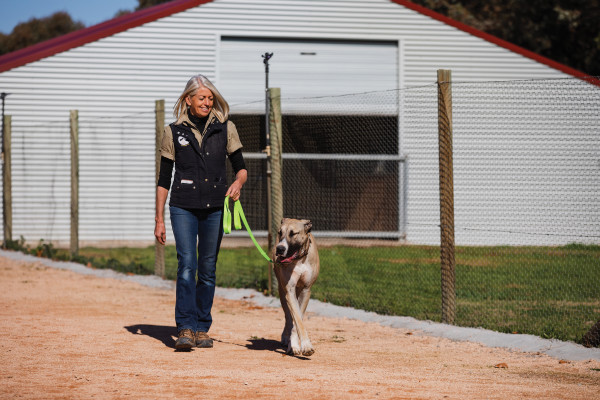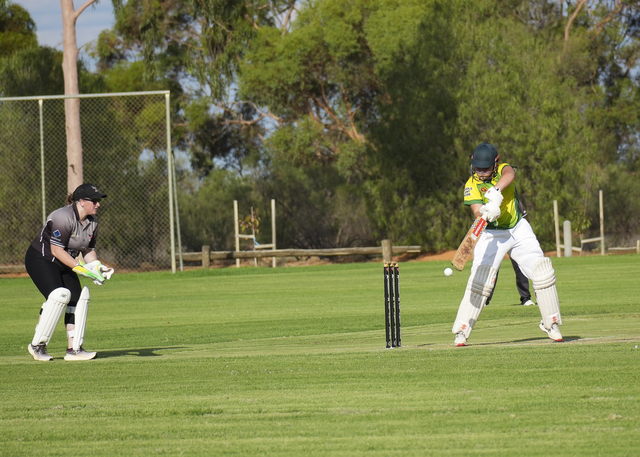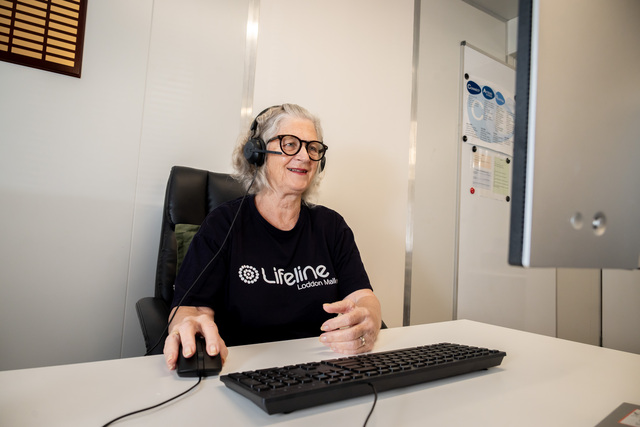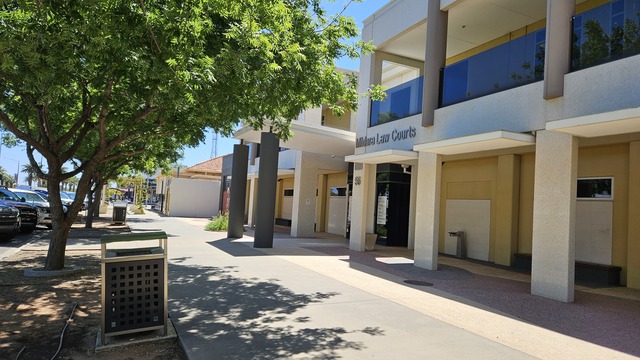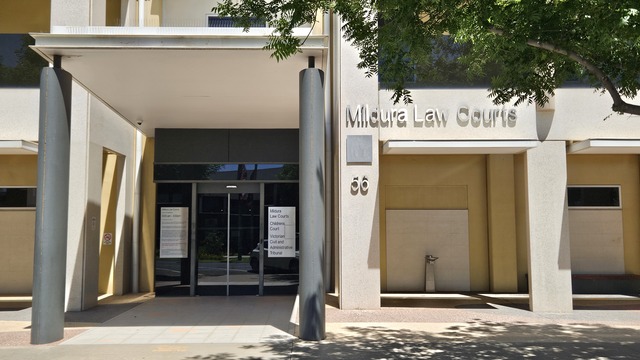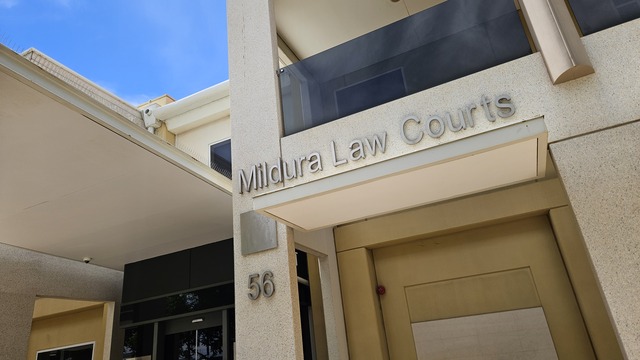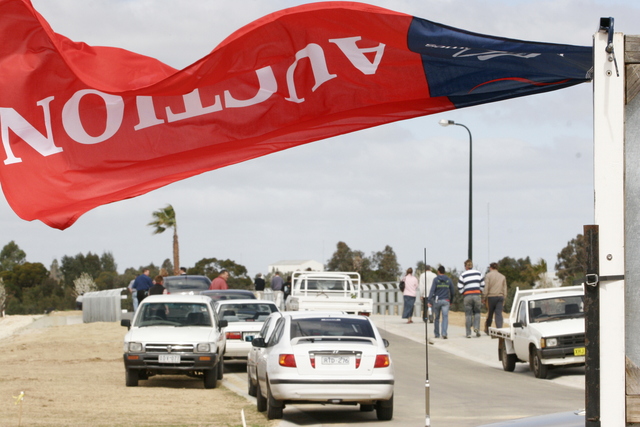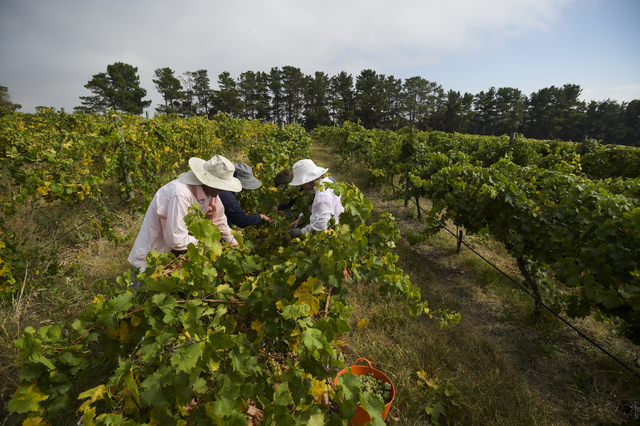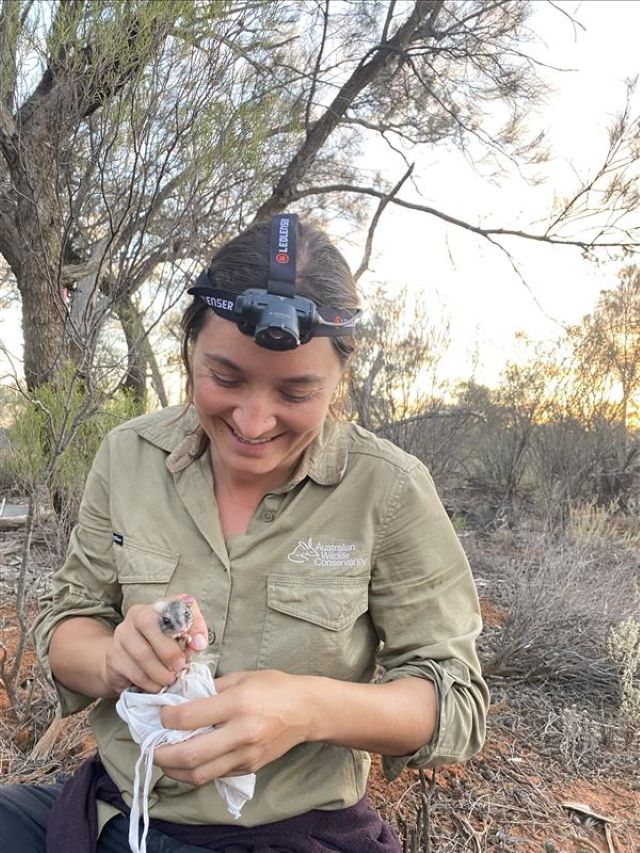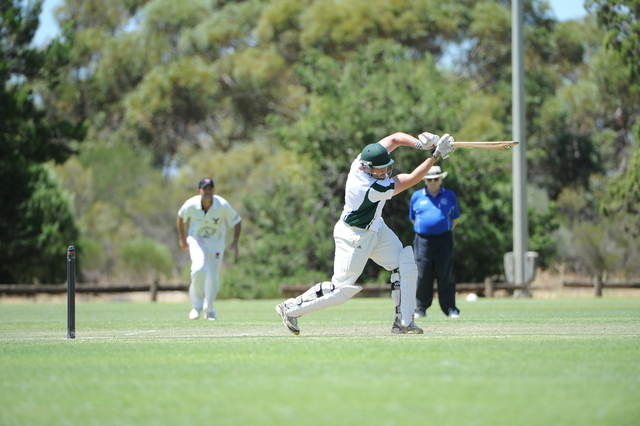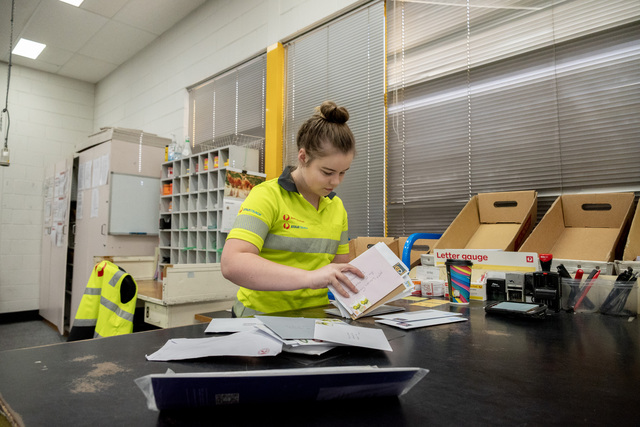World Animal Day is an international day of action for animal rights and welfare. Celebrated annually on October 4, it aims to raise the status of animals in order to improve animal welfare standards. Danielle Wilcock takes a closer look at animal welfare here in Australia and the national organisations committed to this vision. She also took the time to discuss the issue with local animal welfare advocates, Dr Deborah Abbenhuys and Jeanie Schmidt.
FIRST celebrated on March 25, 1925, World Animal Day was originated by Heinrich Zimmermann, a German cynologist, animal protection activist and dedicated editor and writer.
After a few years, World Animal Day was moved to October 4 to align with the feast day of Francis of Assisi; the patron saint of ecology.
It’s well documented that Zimmermann worked tirelessly each and every year on the promotion of World Animal Day.
It was in May 1931, at a congress of the world’s animal protection organisations, that Zimmermann gained formal recognition for October 4 as World Animal Day.
World Animal Day has become a global proceeding that’s intently committed to uniting the animal protection movement.
Since 2003, the event has been heavily led and sponsored by UK-based animal welfare charity, Naturewatch Foundation, but organisations globally have all done their bit when it comes to enhancing education and raising awareness of animal welfare issues.
National organisations
IN Australia, organisations such as the RSPCA and Animals Australia work to promote animal welfare issues so the general public can make informed decisions about how they treat and contribute to the misstreatment of animals.
Animal welfare and protection organisations in Australia use World Animal Day not only to raise awareness but to celebrate humankind’s unique relationship with the animal kingdom.
It’s also about acknowledging the numerous ways in which animals enrich our lives every single day.
The message that’s stressed by all of these organisations is one of kindness and simplicity.
You don’t have to be a staunch activist to make a difference; you just have to care.
Buying a few tins of food for your local animal shelter, making a donation to an animal charity, ensuring your pet receives the correct veterinary care, educating your child correctly on how to treat your pet, putting fewer animal products in your shopping trolley, even sponsoring an animal in a shelter or sanctuary are all ways in which you can contribute to and advocate animal welfare.
Dr Deborah Abbenhuys
DR Deborah Abbenhuys, founder, owner and lead veterinarian at Riverbend Veterinary Services in Buronga, first arrived in Mildura in 1989 following a study tour of veterinary clinics in England, Canada and the United States.
Her passion for horses led to the establishment of an equine clinic in Merbein in 1993 and, some 10 years later, she developed the current facilities in Buronga.
Dr Deborah combines her veterinary science experience with holistic healing methods to effectively treat the animals in her care.
It’s her prolonged exposure and experience working with a diverse range of animals that has enriched her understanding of welfare issues, both locally and on a national scale.
“We work with organisations such as Mallee Cats and also the dogs that go off to Melbourne to be rehomed,” she says.
“Prior to the rehoming process, we sometimes deal with cats who have kittens, or they have cat flu and aren’t very well.”
While acknowledging the vast majority of owners she deals with look after their animals, she talks openly about the rehoming process she is exposed to while working alongside organisations such as Mallee Cats.
“We must wait until the animals are de-sexed and behaviorally they’re at a level where they can go to a new home,” she explains.
“This process is important for their future beyond our care.”
Dr Deborah talks specifically about canine welfare and what can be done to help protect animals from being neglected, surrendered and even euthanised through no fault of their own.
“Owners take on dogs without researching the breed and the requirements of owning the specific breed,” she says.
“Just knowing what they were originally bred for will allow the owner to delve into the deeper layers of the animal and help their development.”
In 2016-17, the RSPCA found that of the 5763 dogs euthanised in Australia over the year, 3964 of those were euthanised because of behavioural reasons.
“There is no such thing as a bad dog; there is poor leadership and ownership,” Dr Deborah says.
She goes on to explain that her philosophy helps her delve a bit deeper into the personality types of the dogs she treats to help the owner better understand their animal.
She also discusses the process of puppy training schools and while they’re a great educational tool for the developing canine, its long term education and leadership that is required.
“Unfortunately any dog can have behavioural issues if the ongoing training is not implemented where necessary,” she says.
“People often have romanticised ideas about dog ownership, but it requires a lot of hard work and ongoing effort.”
Post graduate training in equine dentistry, podiatry and bowen therapy has formed the basis of a lifelong career in equine sports performance and lameness diagnosis and treatment.
It’s this experience combined with an immense passion for horses that has exposed her to some horse welfare issues in Australia.
“I find here that there is a lot of ignorant love for horses. People neglect the mental well being of the horse,” she says.
“A healthy body requires a healthy mind and sometimes people aren’t perceptive to the way horses think. It’s the things that they can’t see that elude them.
“For example, horse dentistry is still in the dark ages, even hooves are still a mystery to most people partly because of the policy of shoes in Australia.
“Shoes can cut the blood supply by 50 per cent, the research is there. It’s like putting a tourniquet on their hoof for life. It should be a well-known fact. It’s been a constant battle.”
Jeanie Schmidt – Kitty’s Krib
OFFERING a complimentary view of animal welfare but talking specifically about the welfare and protection of the nation’s cat population, is Jeanie Schmidt, founder of Kitty’s Krib in Mildura.
Kitty’s Krib is an animal rescue organisation centralised on the welfare of cats in the Sunraysia community.
The organisation works hard alongside local vets to de-sex, rehome and reduce the number of unwanted, abandoned, abused and surrendered cats.
“Our work with the abused is absolutely paramount to us,” Jeanie explains.
“I have been running Kitty’s Krib for approximately seven years but I have been rescuing cats on and off for 30 years.
“I co-work with SARG (Sunraysia Animal Rehousing Group) and my services are open seven days a week.”
The issue of cat welfare in the region is grossly overlooked and Jeanie sees first-hand the implications of poor attitudes and neglect on the ever growing cat population.
“Responsible pet ownership is what it boils down to,” she says.
“People choose spontaneously to buy a kitten, even adopt without thinking about the long term.
“Usually when it comes to de-sexing the cat is when their interest drops and the cat is either dumped or surrendered.”
Jeanie says the Mildura Rural City Council is doing what it can to promote responsible pet ownership by offering financial assistance to those who find themselves unable to afford certain veterinary treatments.
“The council provides de-sexing vouchers which are a great incentive but sometimes this just isn’t taken on board,” she says.
“Unfortunately we can’t save them all and this is where the decision has to be made to save those that we can.
“I work with local vets and SARG who often refer me cats from deceased estates or those that have passed away in hospital.”
Jeanie does all that she can to assist in the welfare of cats within the local area, even offering up a large proportion of her home in order to care for these animals.
“The cats have a large area at my property. There is a temporary home for them that spans the length of my carport,” she says.
What Jeanie describes is somewhat of a blissful sanctuary for cats that have often had traumatic lives.
“We have an outdoor area for more timid cats that possibly require more care and more work behaviorally,” she says.
“There’s also an isolation cage that can be used to reduce the spread of cat flu or ringworm.”
Jeanie offered up some advice when it came to ways to improve the current welfare policy and how it can better protect animals in Australia, specifically cats.
“It’s left to councils who really do try their best but the amount of feral and stray cats is just too large,” she says.
“You simply cannot rescue, rehabilitate and rehome all of them. Sadly they have dreadful lives and there’s not much that currently can be done about it.
“There really needs to be a governing body in Australia and one that works nationally not state by state.”
Jeanie explains that pet registration has introduced legislation preventing sellers from selling animals without a valid chip, but this process has still not finalised.
Jeanie’s take home message to pet owners is simple yet effective.
“Building a good rapport with your vet is paramount, they can really help owners in times of need,” she says. “I work with two local vets who are absolutely amazing at what they do and help me greatly.”

